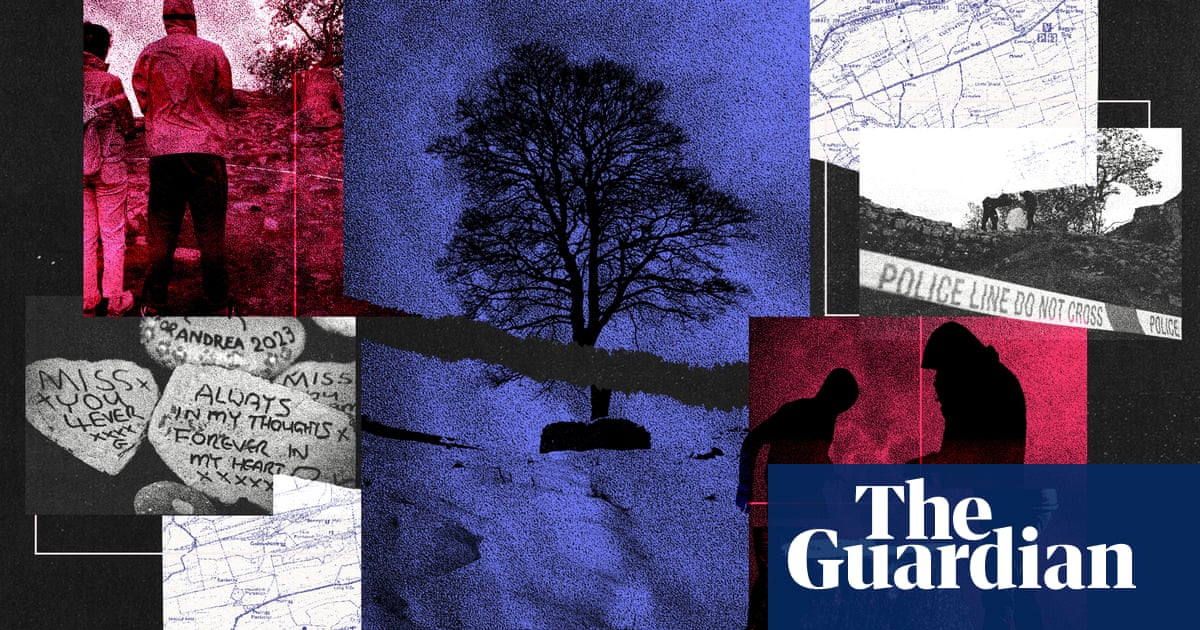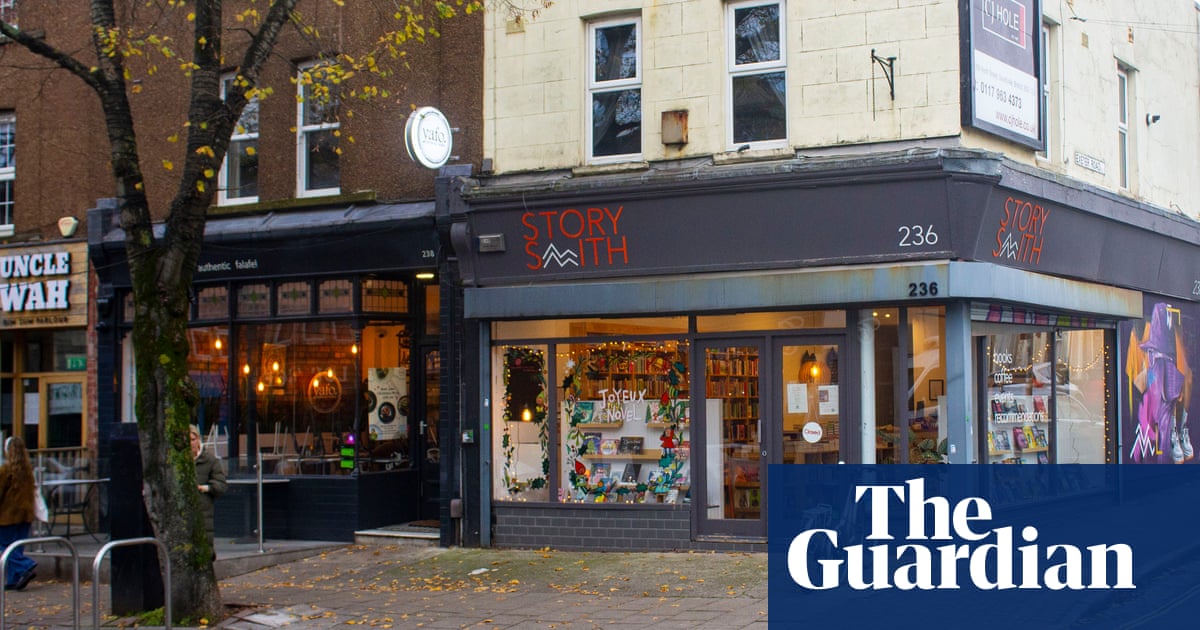Catherine Airey’s debut novel opens in New York on 9/11. Sixteen-year-old Cora, who is playing truant, watches the news from her apartment, and knows that her father is dead. Michael was an accountant who worked on the 104th floor of the North Tower. Cora’s mother Máire died seven years earlier, so she is now an orphan.
Cora tells us all this herself. Absconding from her convent school, she has the jaded, unworldly voice of the affluent Manhattan teen (in fiction, at least – The Catcher in the Rye, which is referenced, or Gossip Girl). This is her recollection of her mother’s death: “The morgue had comfy armchairs in the lobby, and I can remember being annoyed that it didn’t take longer for my father to identify the body. I was reading Little Women and would have quite happily sat there all day. I was nine.”
The opening section of Confessions closely follows this small, solitary, defensive figure through the days after the attack and her father’s disappearance. She stays alone in the apartment or wanders the streets, surviving on pretzels, and thinking about the boyfriend who has ghosted her. Then two letters arrive. The first is from a life insurance company; the second comes from the other side of the Atlantic.
From here, the story cuts back to 1974, to rural Ireland, and a narrative told by Cora’s aunt Róisín. We see Cora’s parents, Máire (Róisín’s sister) and Michael (who lives next door) growing up in Burtonport, Donegal. Máire travels to the USA to study at NYU. She is a born artist, but troubled, and people prey on her. Michael joins her, trying to help. The second half of the novel stitches to and fro across the decades, ending in 2023. Passages are narrated by Róisín, Michael, and Cora’s daughter Lyca, who uncovers half a century’s worth of family stories and secrets, and must decide what to do with them.
These secrets, borne by the women of the family, involve addiction, adoption, rape and mental illness. Confessions also addresses gay rights, abortion rights and intergenerational trauma: it takes on big subjects. Airey writes in a range of forms: there are gaming scripts, epistolary chapters, and passages written in the second person. This doesn’t feel busy or confusing because each narrative flows forward and holds focus. But one of the simpler challenges of this architecture – intersecting stories told in succession by different characters – is to make each strand comparably interesting and alive. Cora’s voice is so resolute, and her situation so urgent, that later sections feel diluted by comparison.
In the opening lines, she describes her mother’s destroyed body washing up in Flushing Creek river in New York state. She then drops acid, before switching on the news to see the North Tower, where her father is at work, explode. At this point, I thought: a very big story is building here. But the acid is inconsequential (Cora sees colours, then sleeps it off, and later eats a Twix), and we learn nothing new about what has happened to her father before we soon cut to Róisín’s narrative, which moves at a much slower pace. Later, Airey’s choice to recount Máire’s passages in the second person lends a sense of detachment from her drifting and suffering that feels appropriate but not always vivid. We don’t hear from Cora again.
The heart of Confessions lies in the backstory that brings us to the opening pages. This emerges in unexpected revelations more than rising tension, so there isn’t that narrative compulsion that keeps you turning pages. The book is a saga: its serious pleasures are its expansiveness and range, and Airey’s rare, particular instinct for scenes or worlds that are interesting to be with, from 1970s New York art kids to early female gamers. The computer script, authored by Róisín in the 1980s, is significant but used lightly, as a frame for the story and later as a meta-narrative or clue to Róisín’s feelings. Parts of the novel take place inside the Atlantis commune, or Scream School, in 1970s Burtonport: a real female-led community whose members practised therapeutic primal screaming. Scream School doesn’t take centre stage, but its presence acts as a kind of touchstone for Confessions as a whole: a cool, bold image of female pain and liberation.
after newsletter promotion

.png) 3 months ago
40
3 months ago
40













































